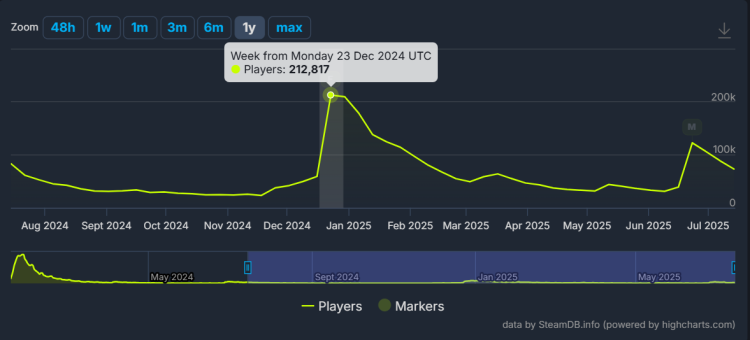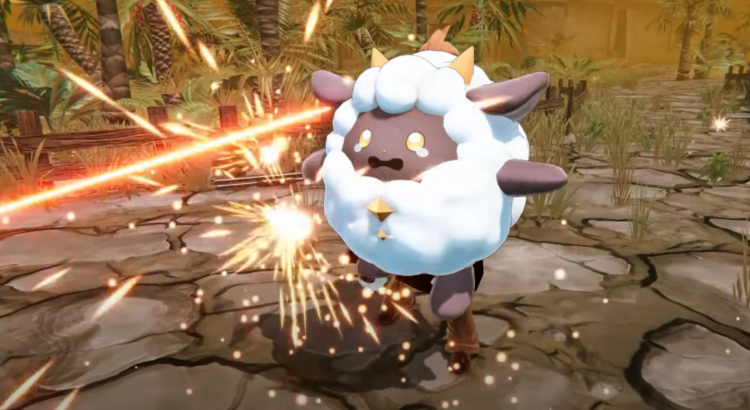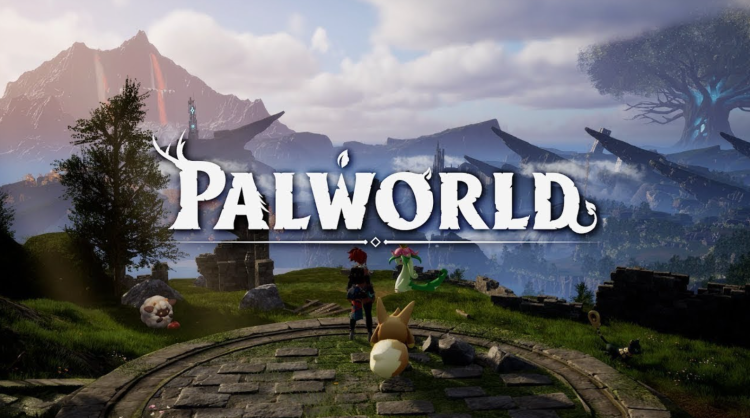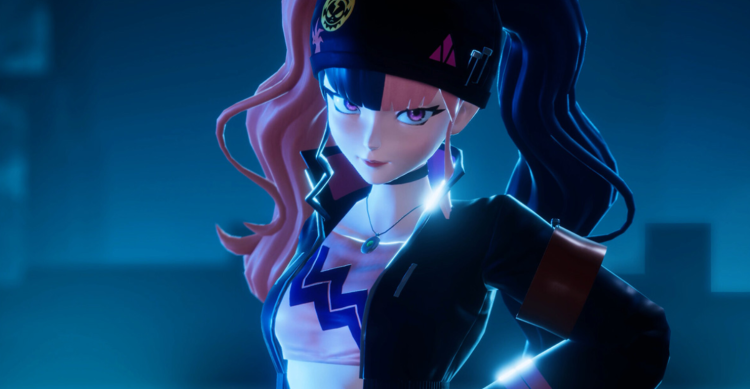Palworld Still Going Strong Despite Nintendo Lawsuit – What It Means for Fans
Palworld launched early 2024 with a wild twist: survival plus creature-collecting gameplay, but with guns. The mix caught fire fast—within days, it hit nearly 2.1 million concurrent players on Steam. Gamers and streamers flocked to it, drawn by its blend of Pokémon-like charm and action survival mechanics.
While many pegged Palworld as a meme-driven hit, it has evolved into something more lasting. Today, it still pulls around 85,000 concurrent players and occasionally spikes to 140,000–212,000 during major updates, ranking it among heavyweights like CS2, Dota 2, and GTA V. That kind of staying power is rare for games born from internet buzz—it shows that, beneath the jokes, Palworld has real gameplay appeal and a community that sticks around. One reason for this is systems like the trust mechanic and fishing, added in v0.6.0, which expanded the survival loop and gave players more ways to engage with their Pals.

That initial buzz sparked heavy meme culture. Subreddits celebrated the absurdity of shooting adorable creatures with weapons, and even community devs embraced the term "meme game," turning it into a rocking communal identity. Community hubs like r/Palworld laughed over the difficulty curve, shared fan art, and debated whether the tags were a critique or a call to enjoy the chaos. The developers themselves leaned into the chaos in creative ways, such as giving the entire team a day off to celebrate a major release in the monster-hunting genre, showing they’re not only reactive but playful in spirit.
Still, memes aside, Palworld represents more than just viral hits. It’s not a live service, which means no daily grind or pay-to-win. Patches drop occasionally, reinvigorating the player base without pushing players to subscribe or log in daily. Updates come in bursts, and the peaks prove people return for major content, not because they're forced. And in between these patches, the studio has teased spin-off content like a dating sim, showing that Palworld isn’t limited by genre or tone—it can stretch far beyond traditional survival mechanics.

Nintendo vs Palworld: A Lawsuit That Shook Things Up
In September 2024, Nintendo and the Pokémon Company sued Pocketpair in Japan, claiming patent infringement. The patents include summoning creatures with a throw mechanic and gliding using caught creatures—staples of Pokémon-style games.
Pocketpair responded that it didn’t know which patents were being breached, but has since faced repeated legal pressure to tweak gameplay. In December 2024, an update removed the Pal Sphere feature and altered gliding mechanics—players now glide with a glider, not a Pal. Another patch in May 2025 was prepared for more changes, and Pocketpair confirmed ongoing adjustments to avoid more lawsuits.
The controversy intensified when Nintendo was accused of patent trolling, claiming mechanics that are fundamental to many games. Fans and lawyers highlighted that these systems appear in Zelda, Tomb Raider, ARK, Rune Factory, and even mods like Pixelmon. Pocketpair filed those names as prior art in the Japanese court. Reports suggest Nintendo may even be pushing the case into the U.S.
The dispute isn’t just legal. Online, players defended Pocketpair, calling Nintendo’s suit petty and unfair. In one Reddit thread, comments included:
“It's just so stupid… Nintendo wants to bully them.”
“Why is Nintendo allowed to be such douche‑nozzles?”
Meanwhile, public defenders of Pocketpair clarified that adapting the game to avoid legal costs doesn’t imply guilt—it was a practical choice. These voices shaped the narrative: Palworld isn’t just surviving a lawsuit, it's proving that modern game mechanics shouldn’t be monopolized.

Palworld Community
The story of Palworld offers a few clear lessons.
First, it underscores the value of community trust. Pocketpair has actively engaged with players, defended its design choices, and argued against patent overreach. Fans appreciate that transparency—some say it's “a win” unless the game itself stops being fun.
Second, the legal battle could redefine how game mechanics are protected. If Nintendo wins, it could set a chilling precedent for future games. Pocketpair’s prior-art defense—highlighting mechanics in existing games—challenges this trend. It raises a question: can basic gameplay systems like throwing a capture ball ever be patented? For fans and devs alike, that matters.
Third, the disappearance of some Palworld features shows Pocketpair’s flexibility. They’re no longer pushing global updates blindly; instead, each content wave is built with legal awareness. That might slow development, but it keeps the game alive.

Finally, for “Universe fans” who love creature-based games, Palworld shows there’s room for creative twists—survival, satire, and even firearm-based parody—without copying core formulas. If the lawsuit remains contained, this could spark more innovation: indie devs might explore darker or more mature takes on the creature-collection genre, knowing they won’t face legal shutdowns.
Palworld remains in active development. Future patches are expected to tweak more mechanics under legal advice. But the big question is whether this lawsuit ends quietly or becomes a major precedent. Pocketpair is doubling down, fighting in court, backed by legal defenses and fan support.
Beyond that, Palworld’s content plans—new areas, creatures, balance changes—continue to roll out. With a dedicated player base and an adaptable dev team, the game looks set to maintain momentum.
Palworld began as a surprise hit, thrived through meme culture, and now stands as a case study in indie resilience. It survived viral hype, legal battles, and continues to be a top-tier game thanks to updates and active community support.
For fans, this matters beyond the mechanics. It shows that indie developers can push boundaries, adapt under pressure, and still deliver unique gaming experiences without being crushed by legal giants. That’s a win, not just for Pocketpair but the wider gaming world.

Comments